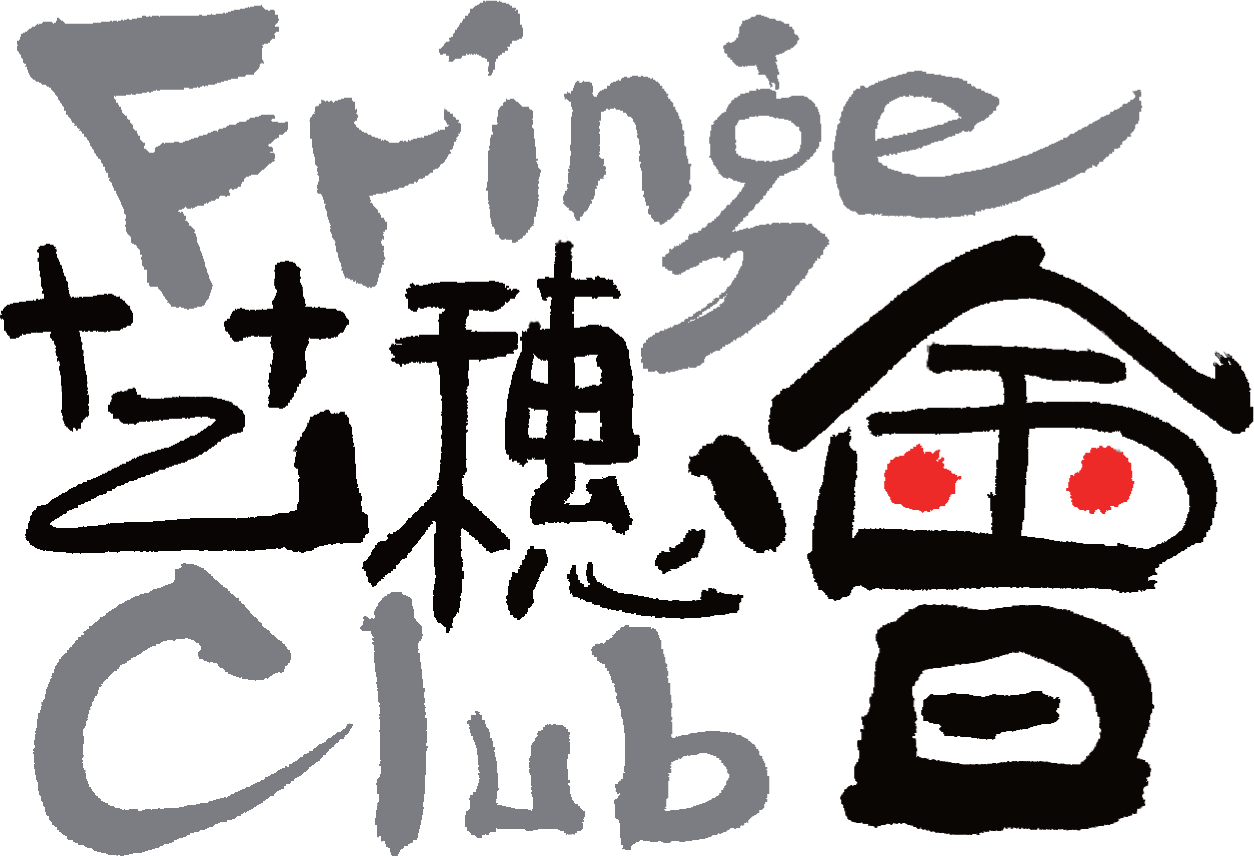Play Reading in English –The Beggar's Opera by John Gay
HK English Speaking Union

- Mon 20-04-2015 7:15 PM - 2 h
 Colette Artbar
Colette Artbar
 Free admission
Free admission
Synopsis
The Beggar's Opera was a so-called 'ballad opera' by 18th century London satirist John Gay. More of a play with songs than a genuine opera, the work lampooned the popular and fashionable Italian opera of the period by taking a story of London low-life and turning it into the subject of romantic love and melodramatic intrigue. The 1728 production was a huge success and made a lot of money for Gay and his producer John Riche; as the witty saying went, 'It made Riche gay, and Gay rich.' In subsequent revivals in the 20th century as film adaptations, stage adaptations and recently in its original form in open-air performance in London's Regent's Park it has never failed to give pleasure to audiences, and has proved its enduring worth and popular appeal on a level with the plays of Shakespeare. We will be reading the play in a more contemporary and abridged version by David Turner that is suitable for our play-reading format. The original work was the basis for Bertolt Brecht's and Kurt Weill's 1928 adaptation, The Threepenny Opera.
The basic plot of the work satirizes senior political figures of the day, including the then prime minister, and also explores in an acerbically comical style issues of poverty and social injustice, by focusing on corruption at all levels of society. The work highlights the cynical nature of social institutions, such as marriage, when used for calculating personal motives. The 'hero' of the play, Macheath, an unscrupulous highwayman and romantic adventurer, has promised to marry pretty Polly Peachum, daughter of the fence (or receiver) of the stolen goods acquired from Macheath's highway robberies. This character, Peachum is, like Macheath, a dishonest rogue, who maintains a surface of good social manners and business etiquette with his partners, who are on both sides of the divide between what is legal and illegal. He also sells petty criminals to be hung to the Chief of Police when he has finished with their services, and is close friends with the governor of Newgate Prison, Lockit, with whom he schemes to make more money out of the corrupt legal system.
The plot is complicated by stiff competition for our hero's affections between the lovely Polly and the equally seductive Lucy Lockit, daughter of the prison governor, whom our hero Macheath has also promised to marry. The Peachums devise a cunning plan to 'sell out' Macheath and deliver him to 'justice' to be hanged. However the enterprising Polly and her rival Lucy have other plans, which are further complicated by the appearance of four more 'respectable' daughters claiming they are pregnant by the condemned Macheath. The challenge for the reader - and originally the playwright - is how to forge a happy ending out of such a doom-laden scenario. This is where the beggar, the narrator, of the piece comes in. He knows that his audience crave comedy and happy endings, not tragedy. In every way the work is a wonderful satire on the opera form, on romantic comedy, on the political establishment and on the mechanics of justice and law. That makes it ideal for the contemporary world and for the city in which we live.
Facilitators: Julian Quail & Mike Ingham
Photo credit: http://ecx.images-amazon.com/images/I/51tnhBmNiyL._SY355_.jpg










